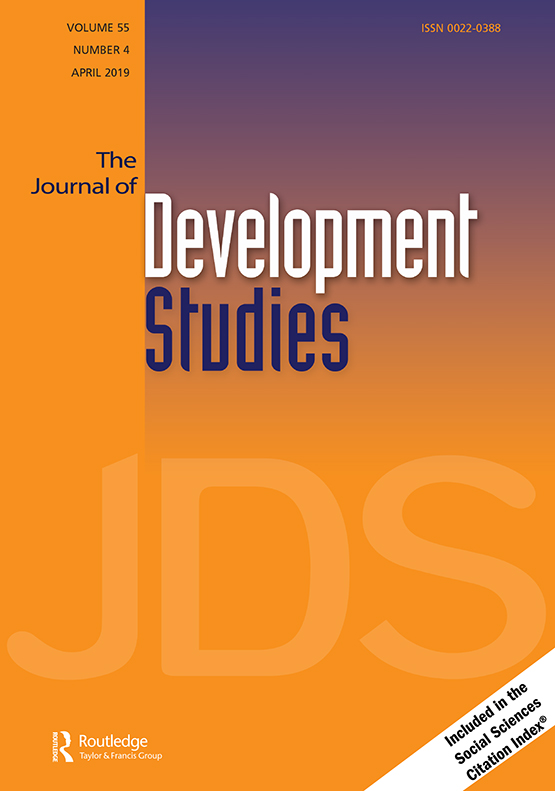tandfonline.com har udgivet en rapport under søgningen “Teacher Education Mathematics”:
Abstract
Abstract
The role of formal education in the reproduction of inequalities is well documented. Less clear is how this lens can be applied to a study of post-conflict state-building. The present study pairs policy analysis with student-centred ethnographic fieldwork to examine education policy in Rwanda. Since the end of the genocide, the government has staked its claim to legitimacy in delivering inclusive development. Its basic education policy is an entitlement programme with broad public support and designed to allow all children to attend primary and secondary school. Students found themselves caught up in a web of contradictions with important symbolic and material dimensions. They went to schools designed to improve access for the poor. But they were also poor schools, lacking in quality and associated with failure. The country’s switch from French to English was bound up in alliances of domestic power that further undermined effective teaching and learning. The basic education policy intended to highlight the government’s commitment to deliver development to all. But in absence of a sustained and effective strategy to improve quality, young people felt excluded from meaningful engagement in the education system. Whether the basic education policy constitutes inclusive development is therefore debatable.
